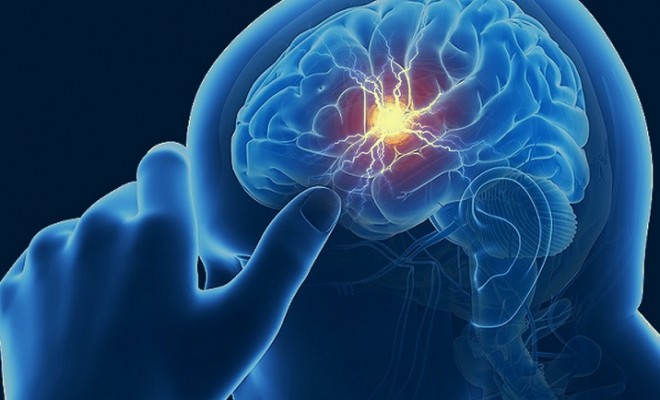
How coronavirus affects the brain
Six months into the COVID-19 pandemic, we’re still learning what the disease can do. There are now detailed reports of brain illness emerging in people with relatively mild lung illness, in those who are critically ill and also in those in recovery.
One key thing we’re seeing is that severity of lung illness doesn’t always correlate with severity of neurological illness. Having only minor lung illness doesn’t protect against potentially severe complications.
When it comes to the brain and nerves, the virus appears to have four main sets of effects:
- A confused state (known as delirium or encephalopathy), sometimes with psychosis and memory disturbance.
- Inflammation of the brain (known as encephalitis). This includes a form showing inflammatory lesions – acute disseminated encephalomyelitis (ADEM) – together with the effects of low oxygen in the brain.
- Blood clots, leading to stroke(including in younger patients).
- Potential damage to the nerves in the body, causing pain and numbness (for example in the form of post-infectious Guillain-Barré syndrome, in which your body’s immune system attacks your nerves).
To date, the patterns of these effects seem similar across the world. Some of these illnesses are fatal and, for those who survive, many will bear long-term consequences.
This raises an important question: will COVID-19 be associated with a large epidemic of brain illness, in the same manner that the 1918 influenza pandemic was linked (admittedly somewhat uncertainly) to the epidemic of encephalitis lethargica (sleeping sickness) that took hold until the 1930s? At this stage, it’s hard to say – but here’s what we know about the virus’s effects on the brain so far.
Συνέχεια ανάγνωσης εδώ
Πηγή: theconversation.com




